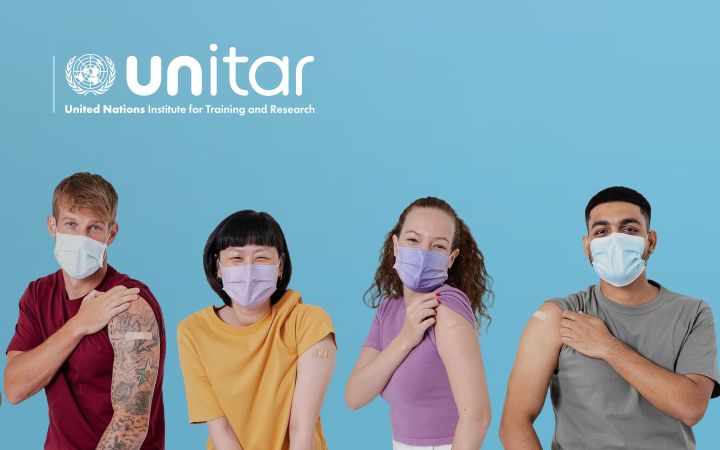The COVID-19 pandemic brought major challenges to human health and development. Its impact on health systems, economic growth, and sustainable development was profound and unprecedented. At the same time, it created opportunities for learning, rapid response and innovation.
In the field of pandemic management, the ultimate purpose of communication interventions is focused on increasing awareness and understanding and the uptaking of protective behaviours. Communication interventions are normally designed through behavioural models that include components such as motivation, ability and prompts that will encourage individuals to uptake protective behaviours. In the case of the COVID-19 pandemic, those protective behaviours included vaccination, washing hands, and altering certain behaviours to reduce harm, while encouraging the maintenance of positive behaviours.
During the COVID-19 pandemic, well-designed and implemented communication interventions that could contribute significantly to promoting positive health-related behaviours were crucial. At the same time, creating or reinforcing social norms – defined as the set of well-understood but mostly unwritten rules shared by members of a community family or group – was also key in the pandemic management.
To respond to the immediate learning need of Ministries of Health, Secretaries of Health and Public Communication Officers, Government Communication Offices and those with strategic decision-making and communication responsibilities, the UNITAR’s Social Development Programme (SDP) developed the Toolkit 1.0 “Designing and implementing campaigns in support of vaccination efforts to prevent and reduce the spread of COVID-19” to offer guidance on developing COVID-19 communication strategies focused on promoting protective behaviour. The Toolkit presents the role of social norms in promoting positive health-related behaviours, and practical knowledge on behavioural challenges and models, and communication interventions in pandemic management.
In addition and to offer practical examples of actions companies could take to contribute to help reduce the spread of this virus, UNITAR’s SDP also developed the Toolkit 2.0 “Designing and implementing campaigns in support of vaccination efforts to prevent and reduce the spread of COVID-19 – Strategies for Companies”. This toolkit aimed at offering examples of actions that companies can take to contribute to help reduce the impact of this virus on the population by working collaboratively with local, national and international public health organizations while leveraging their own assets to design and rollout information campaigns. Examples include a public-private collaboration in Colombia to increase the vaccination rates in the country. The collaboration included designing a campaign strategy and messaging, informing, breaking myths, and motivating positive health behaviours. The campaign reached 10 million people and resulted in a decrease in 10% of Colombians not willing to get vaccinated.
After the record-breaking pace of vaccine development and deployment, one of the pressing challenges at that time was linked to the design of effective communication strategies that promote the adoption of protective behaviours to fight the COVID-19 pandemic, including vaccination.
These toolkits were designed to support this urgent need and provide practical ways to use behavioural science and social norms approaches in the field of pandemic management.


